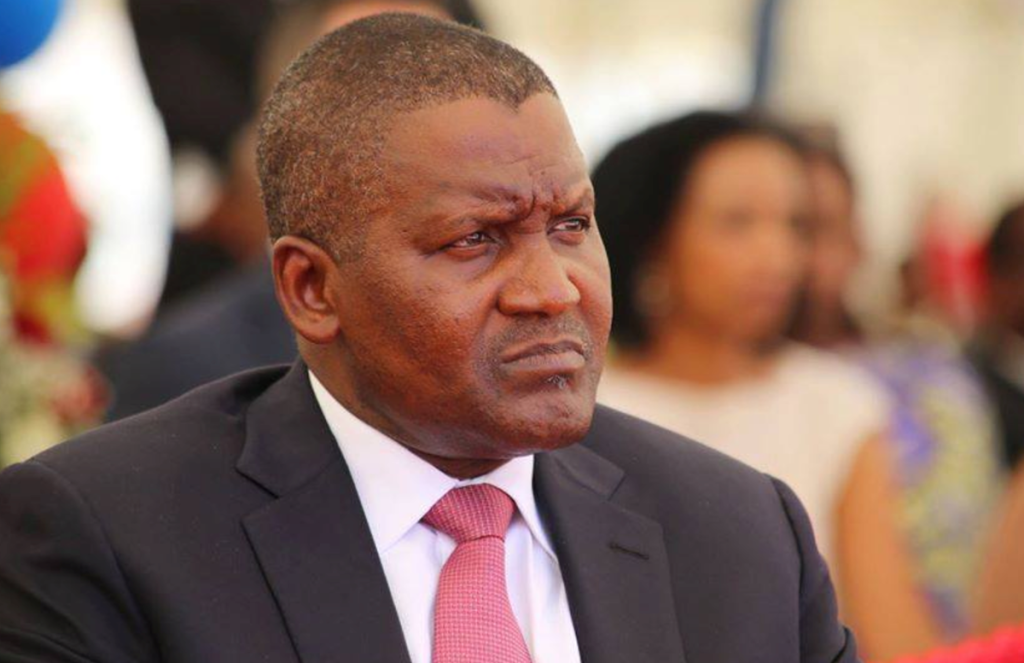Billionaire business mogul, Aliko Dangote, has called on the Nigerian government to end its fuel subsidy, citing the anticipated relief from the country’s struggling currency due to increased gasoline production from his refinery.
“Subsidy is a very sensitive issue. Once you are subsidising something then people will bloat the price and then government will end up paying what they are not supposed to be paying. It is the right time to get rid of subsidies,” Dangote said in an interview with Bloomberg Television.
Nigeria has long depended on fuel imports due to the poor state of its four state-owned refineries. These facilities are plagued by poor maintenance, outdated technology, and operational inefficiencies despite being Africa’s largest oil producer.
For many years, the Nigerian government has been providing substantial subsidies to maintain artificially low fuel prices for its citizens through imports.
After assuming office in May 2023, President Bola Ahmed Tinubu removed the longstanding fuel subsidy, exacerbating the country’s existing high cost of living that triggered a nationwide protest.
The rise in inflation led to a temporary reinstatement of the subsidy. However, in early September, the government made another effort to phase out the subsidy by relaxing the cap on gasoline prices, although they remain below market rates.
The Nigerian government stated that the fuel subsidy is expected to hit N5.4 trillion by the end of 2024.
Dangote Refinery hopes to end these expensive subsidies, which have been a hotbed for corruption, and reduce Nigeria’s dependence on imported refined products.
Aliko Dangote, whose refinery has the option to export fuel or sell it domestically, said that while the government makes the decision on subsidies, discontinuing fuel imports would significantly alleviate pressure on the Nigerian currency.
Despite measures aimed at liberalising the Naira and reviving the Nigerian economy, the Naira depreciated by approximately 70% against the US Dollar. The Naira, which now trades at over N1,500 to $1, is now one of the worst-performing currencies worldwide.
The scarcity of dollars in Nigeria’s foreign exchange market continues to exert downward pressure on Nigeria’s currency. The problem is further compounded by the need to pay for imported gasoline in Dollars, intensifying the currency’s challenges.
“Petroleum products consume about 40% of our foreign exchange,” Dangote said, adding that fuel from his refinery, which started supplying gasoline on September 15 to the state-owned oil company for domestic sale, “can actually stabilise the naira.”

